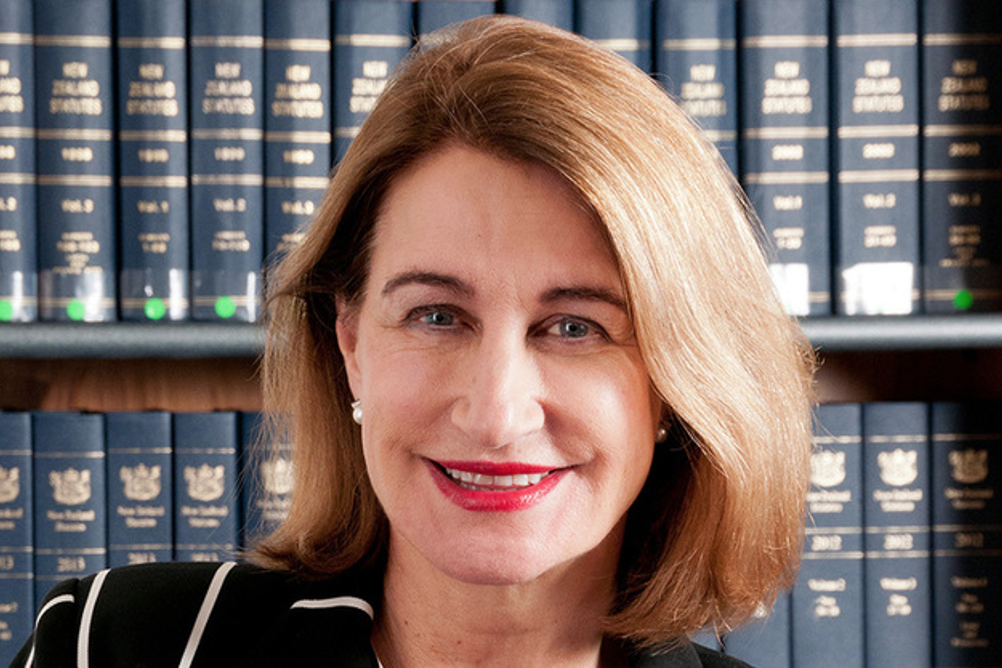
The national public inquiry into child sex abuse is too big, unwieldy and underfunded, and must be overhauled, according to Lowell Goddard, who led the inquiry until last month. The Times reports that Goddard has criticised the inquiry's staff for being inexperienced, and said it was underfunded.
The government's multi-billion pound apprenticeships scheme needs to be more closely linked to plans for economic growth, the National Audit Office (NAO) has said. The BBC reports that the NAO is urging less focus on how many apprenticeships are created and more on which sector needs them and how they fit into "the wider plan for productivity and growth".
E-cigarette advertising may prompt more young people to experiment with smoking, researchers have found. The Guardian reports that an experiment involving 400 11- to 16-year-olds found children shown e-cigarette adverts were less likely to believe smoking one or two tobacco cigarettes occasionally was harmful.
Child sexual abuse convictions have increased by almost 17 per cent to 4,643 in 2015/16. The BBC reports that figures published by the Crown Prosecution Service show there were also 1,160 reported incidents of revenge pornography from April to December 2015, with victims as young as 11.
A long-term deal between the government, business and the public is needed to eradicate poverty, according to a report by the Joseph Rowntree Foundation. The Mirror reports that the think-tank has called for "responsible capitalism" to eliminate poverty over the next 10 years.
Only 1.6 per cent of lunchboxes in England's primary schools would meet national school food standards, according to research by the University of Leeds. The Children's Food Trust reports that vegetables and salad are the foods least likely to be in children's packed lunches.
Register Now to Continue Reading
Thank you for visiting Children & Young People Now and making use of our archive of more than 60,000 expert features, topics hubs, case studies and policy updates. Why not register today and enjoy the following great benefits:
What's Included
-
Free access to 4 subscriber-only articles per month
-
Email newsletter providing advice and guidance across the sector
Already have an account? Sign in here

